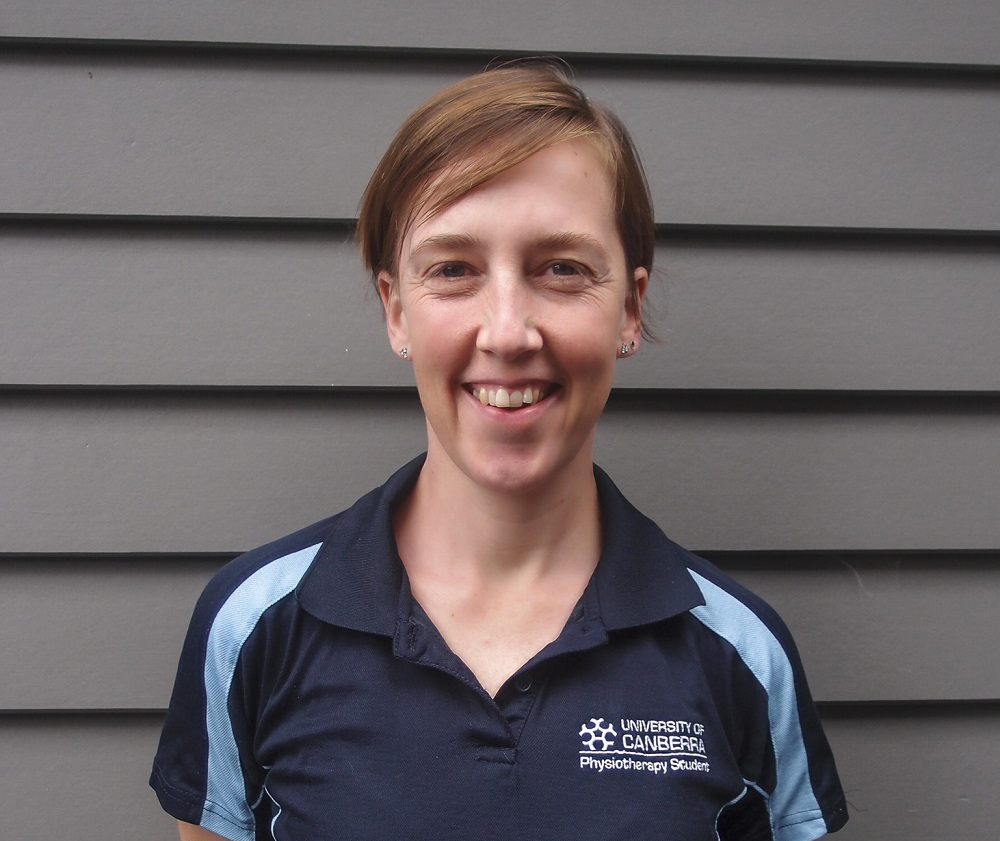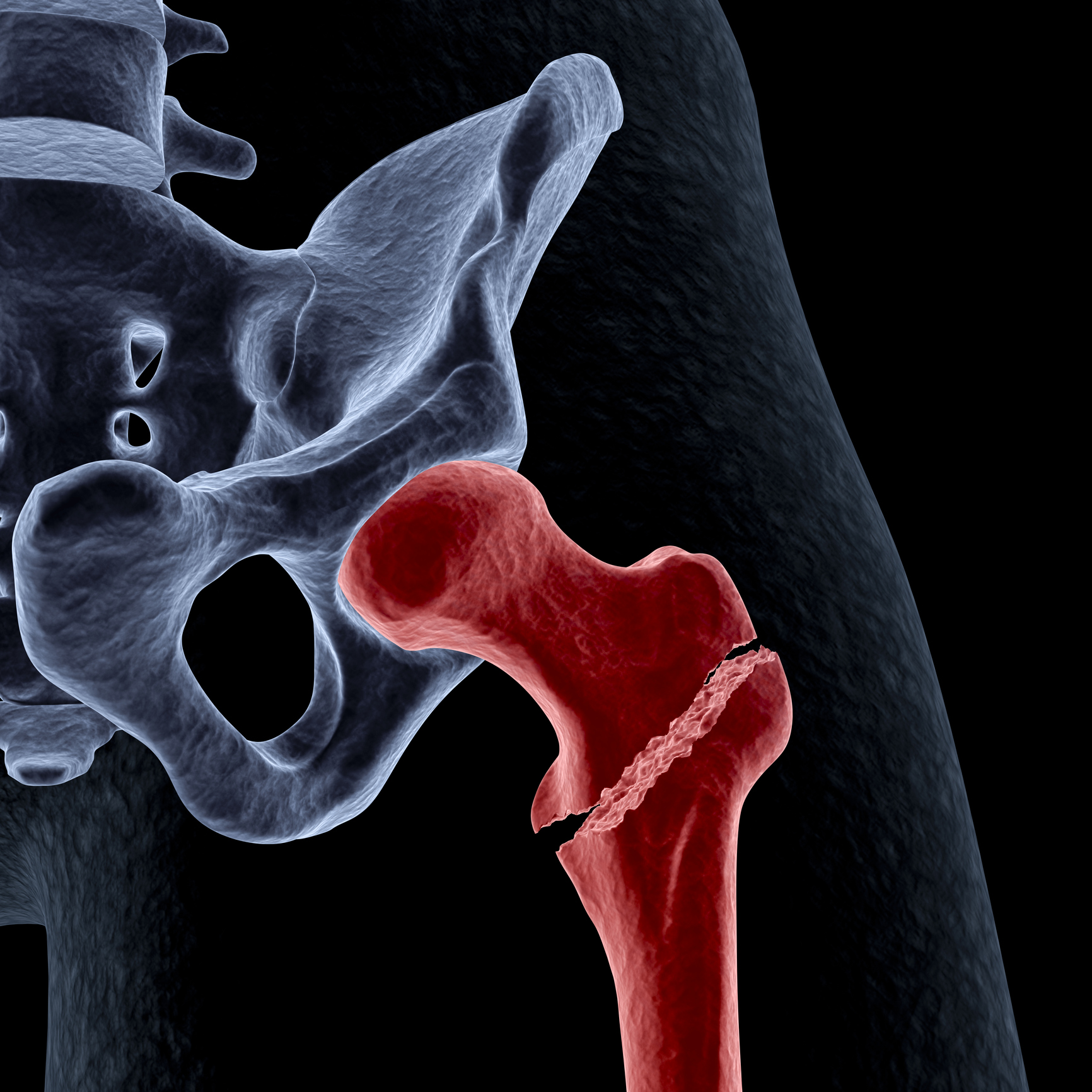8 May 2020: A couple of years ago, University of Canberra student Beth Warner broke her hip.
She found the ensuing rehabilitative process a difficult one – mentally and emotionally, as well as physically.
“I found it difficult to find any information on what my recovery timeline would look like, and that was very frustrating – as was navigating the system itself, because they only wanted to book me in for the required physiotherapy six weeks after I was discharged from hospital,” said Ms Warner, who is pursuing a Bachelor of Physiotherapy (Honours).
“Even though I was already a Physiotherapy student then – and younger than the average person who breaks their hip – the rehabilitative process wasn’t easy for me. So what is it like for older people, who may be less experienced with the system?”

Hip fractures can be catastrophic for many older people – after suffering a hip fracture, one in four adults over the age of 65 die within a year.
“Only about 30 per cent of older people who break or fracture a hip regain full hip function,” Ms Warner said.
Rehabilitative physiotherapy is crucial for healing – but drawing on her own experience, Ms Warner thought there had to be a better way.
So for her Honours project, she is interviewing older people who have experienced a hip fracture, and/or carers of the same. This is the starting point to investigate and unpack what the experience is like for them, and to then come up with rehabilitative measures which are more client-focused.
“There’s a lot of research out there that explores what the best interventions might be, but I have not seen much that focuses on what it’s really like to go through rehabilitation,” she said. “This is really important from physiotherapists’ point of view, so that we can provide rehabilitation in a patient-centric way.”

Ms Warner is currently looking to recruit up to eight participants in the study. With the current and ongoing need for physical distancing and the isolation of the vulnerable in the face of the COVID-19 outbreak, she will conduct her interviews online via Zoom.
“This allows for a face-to-face conversation and the building of rapport,” she said. “I’m after depth and richness in the data sample, and that means exploring the nuances of people’s experiences. Conducting our interviews online also potentially widens the reach for the sample.”
If interested participants don’t have access to Zoom, however, Ms Warner can conduct an interview over the phone. The interview will take approximately 45 to 60 minutes, and there is a questionnaire to fill out.
Ms Warner’s study is being co-supervised by Assistant Professor in Physiotherapy Dr Angie Fearon and Associate Dean of Research and Innovation Professor Jennie Scarvell from the Faculty of Health.
“I think Canberrans in general are very civic-minded, and contribute to the community wherever they can – but many are now feeling they have diminished capacity to do so because of physical distancing and isolation,” Professor Scarvell said.
“Participating in this research is a great opportunity to contribute to contribute to research that will positively impact people’s health, and even save lives.”
To participate or find out more, click here.


